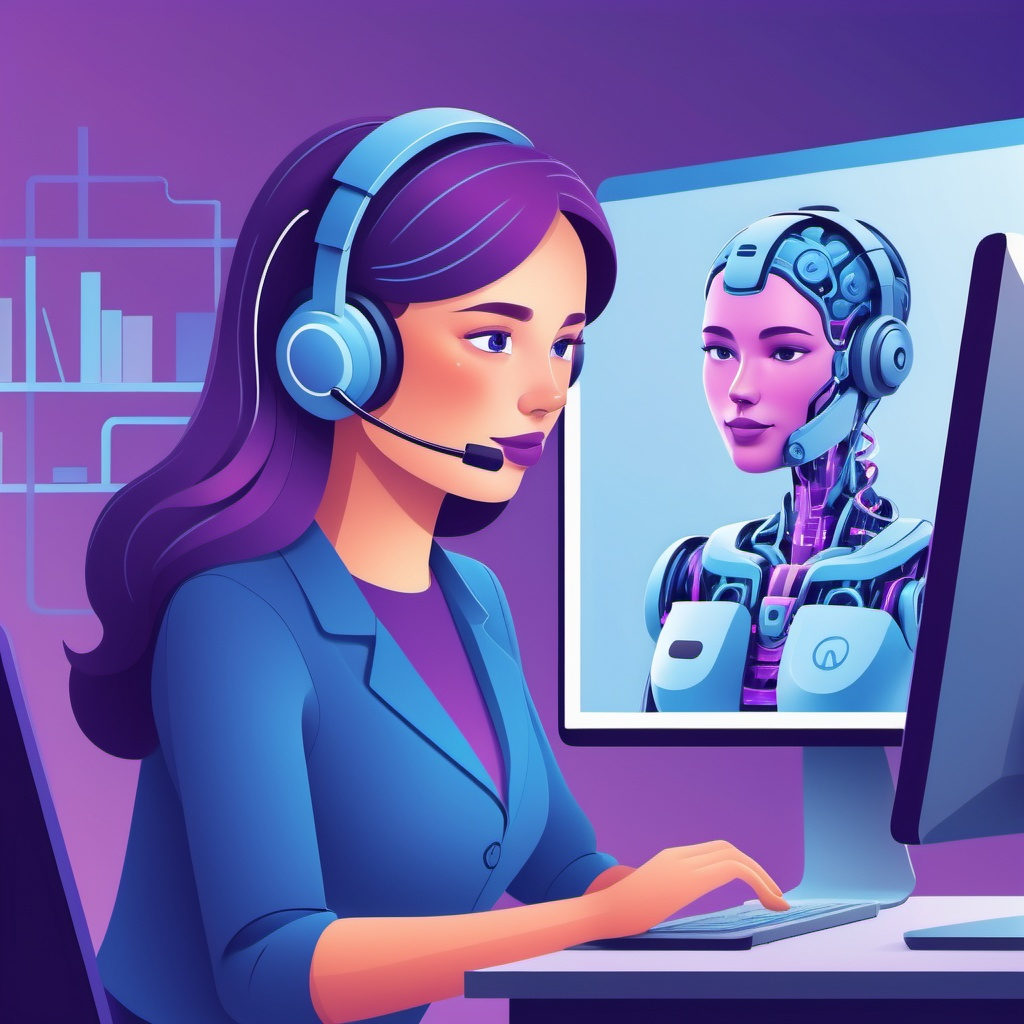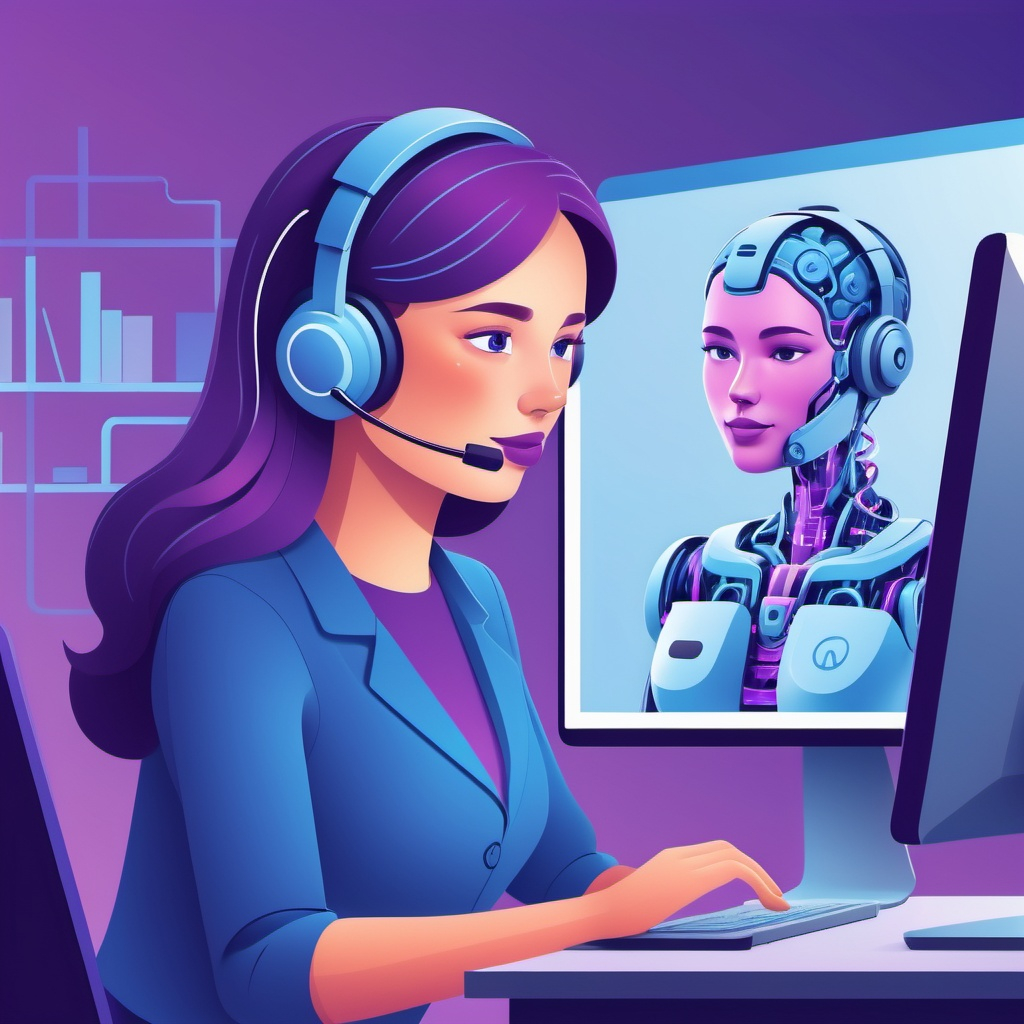The Rise of AI Roles: What New Job Titles Mean for Your Career

The rapid evolution of artificial intelligence (AI) is not just reshaping technology; it is fundamentally transforming the job market. As we step into 2025, new job titles are emerging, reflecting the diverse applications of AI across various industries.
The Emergence of New Job Titles
As AI technologies become more integrated into business operations, traditional roles are evolving, and new ones are being created. Some of the most notable job titles on the rise include:
Generative AI Engineer: Focuses on developing systems that can create content autonomously.
Computer Vision Engineer: Specializes in enabling machines to interpret and understand visual information.
AI Ethics Officer: Ensures that AI technologies are developed and used responsibly, addressing ethical concerns.
Prompt Engineer: Designs effective prompts to optimize AI outputs in various applications.
These roles reflect a shift towards specialization within the AI field, where professionals need to possess both technical expertise and an understanding of ethical considerations in AI deployment.
Industry Demand for AI Roles
AI’s influence is not confined to the tech sector; it is permeating industries such as healthcare, finance, and management consulting. According to a report by Gallup, approximately 75% of companies are expected to adopt some form of AI, which will likely lead to significant job churn—resulting in both job creation and displacement. The World Economic Forum predicts a 40% increase in AI and machine learning specialists by 2027, emphasizing the growing need for skilled professionals in this area.
Key Industries Hiring for AI Roles
Healthcare: Utilizing AI for diagnostics and patient care optimization.
Finance: Implementing AI for fraud detection and risk assessment.
Retail: Enhancing customer experiences through personalized recommendations powered by AI.
Skills Required for Success
With the rise of these new roles comes a demand for specific skills. Key competencies include:
Technical Skills: Proficiency in programming languages like Python, as well as familiarity with frameworks such as TensorFlow and PyTorch.
Data Analysis: Ability to interpret complex data sets and derive actionable insights.
Soft Skills: Critical thinking, creativity, and emotional intelligence are increasingly important as human-AI collaboration becomes more prevalent.
Upskilling and Reskilling
To remain competitive in this evolving landscape, professionals must be proactive about upskilling. This may involve pursuing certifications in data science or machine learning or developing soft skills that complement technical knowledge. According to SHRM, organizations will benefit from investing in employee training programs that focus on these emerging skill sets.
Conclusion
The rise of AI roles presents both challenges and opportunities for professionals across all sectors. By understanding the implications of these changes and actively seeking to develop relevant skills, individuals can position themselves favorably in a rapidly changing job market. Embracing this transformation will not only enhance career prospects but also contribute to the responsible integration of AI technologies into society.
As Malcolm X aptly puts it, “The future belongs to those who prepare for it today.” The question is: Are you ready?
References
https://www.forbes.com/sites/bernardmarr/2024/01/23/12-new-jobs-for-the-generative-ai-era/
https://www.forbes.com/sites/joemckendrick/2017/12/18/artificial-intelligence-is-creating-new-and-unconventional-career-paths/








